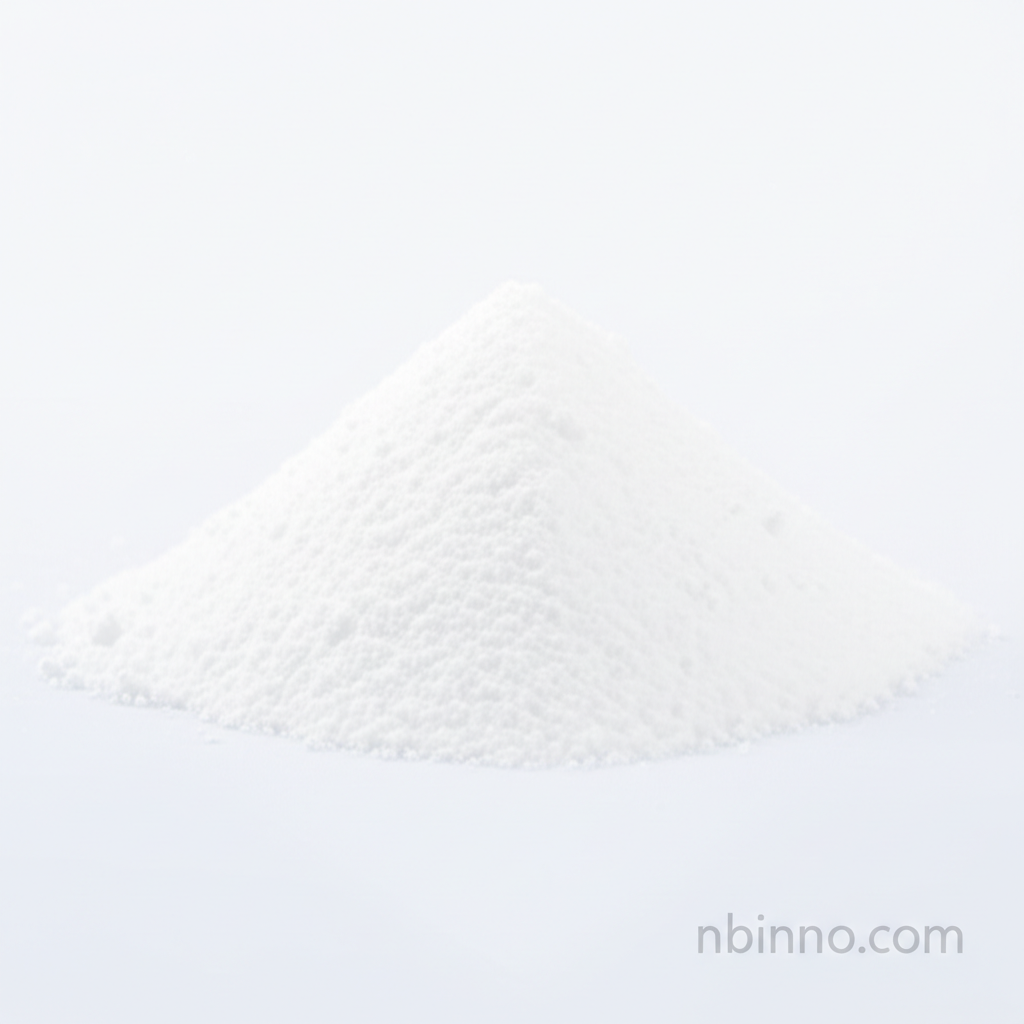Lidocaine HCl Powder: Properties, Applications, and Benefits
Discover the critical role of Lidocaine Hydrochloride powder in pharmaceuticals and chemistry. Learn about its uses, safety, and applications.
Get a Quote & SampleProduct Core Value

Lidocaine Hydrochloride Powder
Lidocaine Hydrochloride powder is a versatile compound primarily utilized for its potent local anesthetic and antiarrhythmic properties. It plays a vital role in pain management and cardiac treatment, serving as a key ingredient in numerous pharmaceutical formulations.
- Explore the chemical properties of lidocaine hydrochloride, focusing on its solubility and pH, crucial for formulation development.
- Understand the lidocaine hcl mechanism of action, detailing its function in blocking nerve signals for pain relief and regulating heart rhythms.
- Learn about the broad lidocaine hydrochloride pharmaceutical applications, from dental procedures to cardiac emergency management.
- Review essential lidocaine hcl safety and toxicity guidelines to ensure proper handling and application.
Key Advantages
Versatile Anesthetic Properties
Its efficacy as a local anesthetic makes it invaluable for various medical and dental procedures, offering rapid onset and intermediate duration of action, critical for patient comfort.
Cardiac Rhythm Regulation
As an antiarrhythmic agent, it is vital in treating ventricular tachycardia and fibrillation, supporting critical cardiac life support protocols and improving patient outcomes.
High Purity and Quality
Sourced and manufactured to meet stringent industry standards, ensuring high purity for reliable and effective pharmaceutical and chemical applications.
Key Applications
Pain Management
Used extensively in topical formulations, injections, and patches for numbing sensations during medical procedures, post-surgery pain, and neuropathic pain relief.
Cardiac Treatment
Administered intravenously in emergency cardiac situations to manage ventricular arrhythmias, supporting stable heart rhythms and improving survival rates.
Pharmaceutical Formulation
Serves as a critical active pharmaceutical ingredient (API) in the production of various medicines, from over-the-counter pain relievers to prescription cardiac drugs.
Chemical Synthesis
Acts as a key intermediate in the synthesis of more complex chemical compounds, contributing to the broader chemical industry's advancements.
